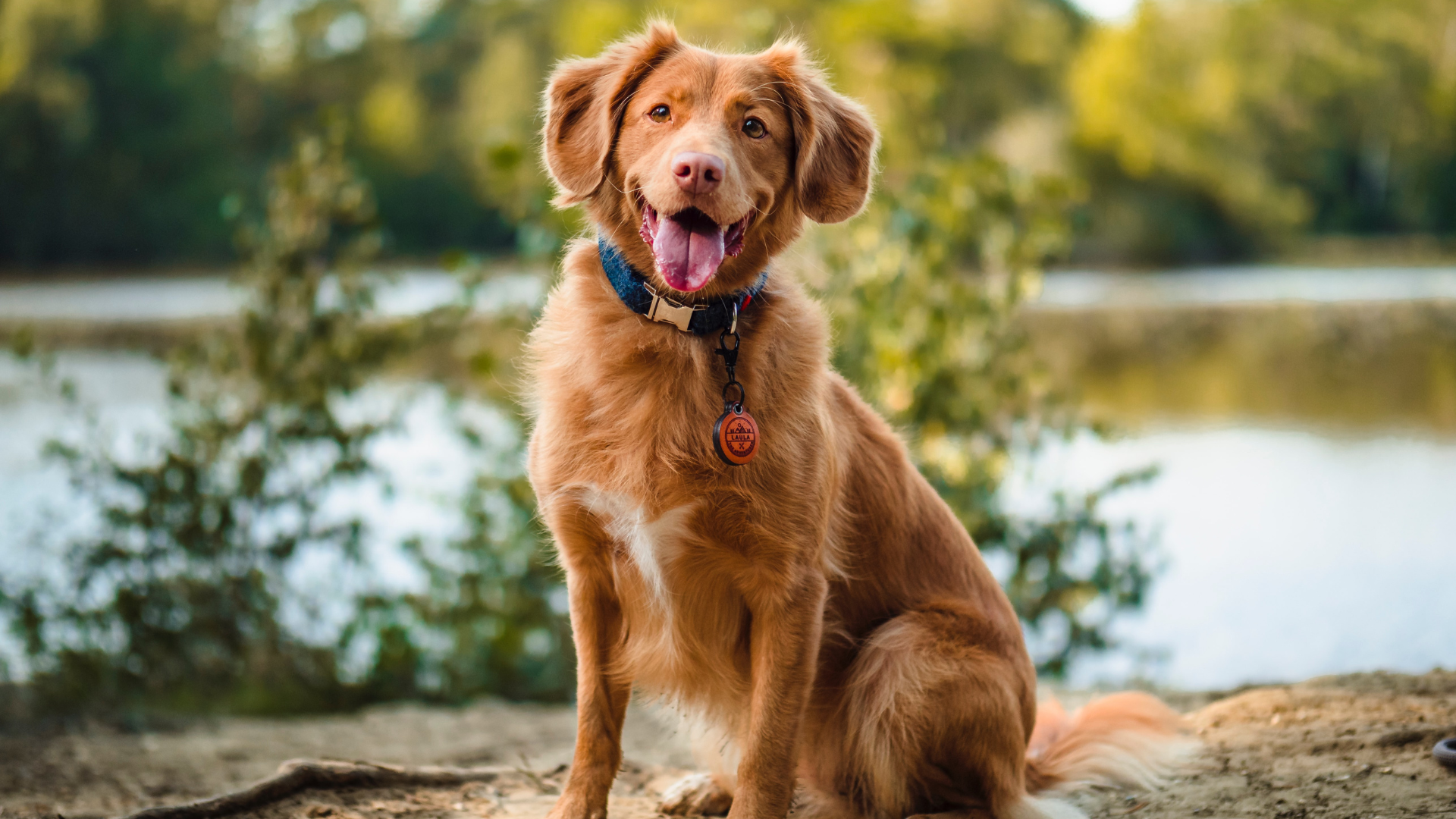East Lincoln Animal Hospital
FAQs
Here are some questions/answers that we are frequently asked. If you have additional questions that aren’t covered here, please feel free to give us a call.

What are the hospital hours?
Our hospital is open Monday to Friday from 8:00-6:00 PM. We are closed on Saturday and Sundays.
Do I need to have any appointment?
Yes, patients are seen by appointment, but we do take same day appointments for urgent matters.
What forms of payment do you accept?
Cash, Check, Care Credit, Discover, American Express, Mastercard, Visa, and Scratch Pay.
Can I make payments?
Payment is required at the time of service. Care credit is a flexible payment program (interest-free) specifically designed for veterinary expenses that allows you to spread out your payments and get the treatment or procedures you want or need for your pet. Care credit is available if you qualify.
Do you accept insurance?
Yes, we do accept insurance, payment is due at the time of service. Trupanion offers immediate claim approvals, and payment at the time of checkout once the claim is filed.
At what age can I have my pet spayed or neutered?
Spaying or neutering age depends on the breed (larger breeds wait longer) and recommendations for each specific animal. Your pet is given an exam prior to surgery to help determine whether your pet is healthy enough to undergo the surgical procedure. Current vaccinations are required at the time of surgery. A pre-anesthetic blood screen is also performed prior to undergoing anesthesia and surgery.
What is pre-anesthetic blood screening?
This is a blood test that is run in the hospital prior to surgery. It tests the organ functions, blood counts and clotting function of your pet. The pre-anesthetic blood screening is done to assure safety during surgery and the ability to heal following surgery.
How long do the sutures stay in after my pet’s surgery?
Procedures involving sutures require them to be removed 10 to 14 days following the surgery.
Is it a good idea to let my pet have at least one litter?
No, there is no advantage to letting your pet have one litter. However, there are plenty of advantages to having your pet spayed or neutered. These advantages include decreasing the chances of breast tumors later in life, decreasing the chance of cystic ovaries and uterine infections later in life, decreasing the desire to roam the neighborhood, decreasing the incidence of prostate cancer later in life, helping prevent spraying and marking, and decreases the surplus of unwanted puppies and kittens.
How often should I bring my pet in for an exam and bloodwork?
Annually, animals age much quicker than humans so problems can arise quicker. Doing an annual exam and bloodwork helps find any issues early which will help to get your pet the necessary treatment needed.
What kind of animals does your hospital see?
Dogs, cats, pocket pets, reptiles, rabbits
Why microchip?
East Lincoln Animal Hospital wants to help you keep track of your pet and make it easier to find them should the unthinkable happen and you get separated. Many pets get lost and are never returned to their owners because collars and tags can unexpectedly fall off. If you choose to have your pet microchipped, you don’t have to worry about a mishap such as this, since microchipping is a method of providing permanent identification for your four-legged friend.
